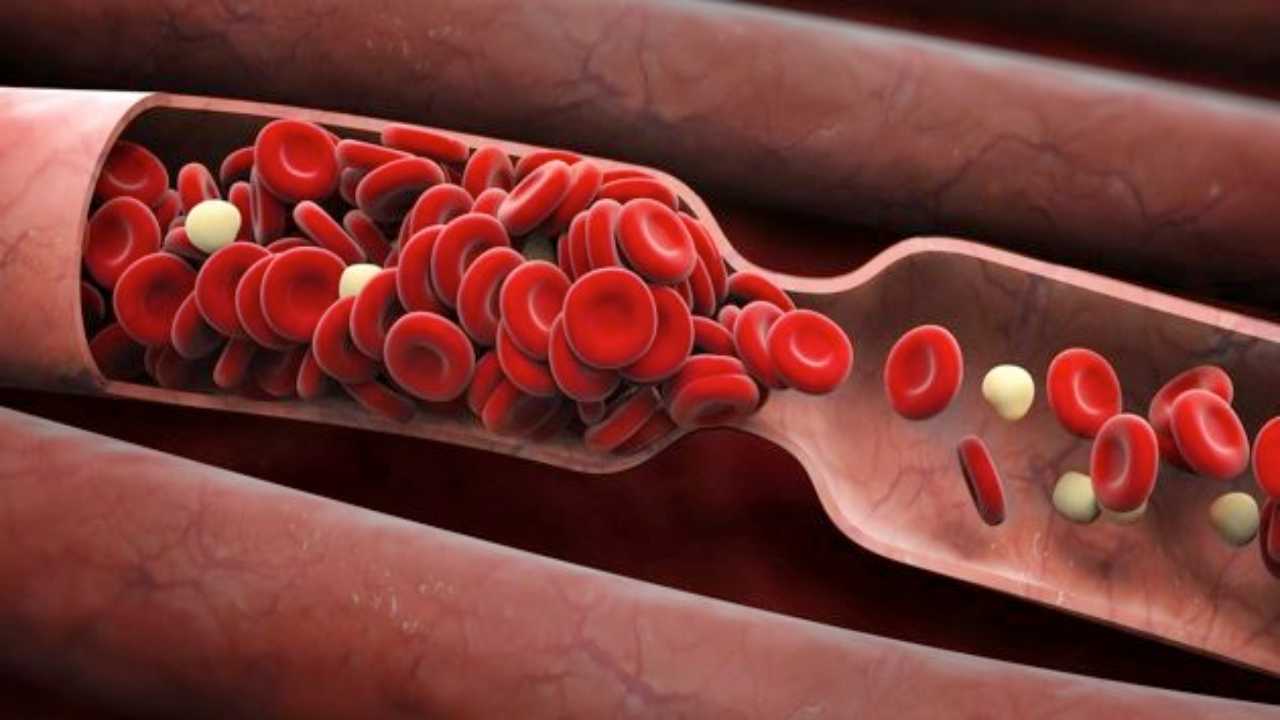It was late in March when novel coronavirus cases reached New York City. Doctors at Mount Sinai Hospital noticed something strange happening to patients’ blood.
Signs of blood thickening and clotting were being detected in different organs by doctors from different specialities. This would turn out to be one of the alarming ways the virus ravages the body, as doctors there and elsewhere were starting to realize.
At Mount Sinai, nephrologists noticed kidney dialysis catheters getting plugged with clots. Pulmonologists monitoring COVID-19 patients on mechanical ventilators could see portions of lungs were oddly bloodless.
Neurosurgeons confronted a surge in their usual caseload of strokes due to blood clots, the age of victims skewing younger, with at least half testing positive for the virus.
Findings by the doctors
As their wards began to overflow with COVID-19 patients, the Mount Sinai doctors read papers describing similar findings from doctors in China’s Hubei province and other hard-hit areas and discussed them with their peers in phone calls and webinars.
Mocco called neurosurgeons he knows elsewhere in the country. At Philadelphia’s Thomas Jefferson University Hospital, Dr Pascal Jabbour had begun to see a similar surge in strokes among people with COVID-19. The way his patients’ blood congealed reminded him of congenital conditions such as lupus, or certain cancers.
In Boston, the Beth Israel Deaconess Medical Center began a clinical trial earlier this month to see if tPA, an anti-clotting drug, could help severely sick COVID-19 patients.
Clotting can develop in anyone who gets very sick and spends long periods of time immobile on a ventilator, but doctors say the problem seemed to show up sooner in COVID-19 patients as a more direct consequence of the virus.
At Mount Sinai, patients in intensive care often receive the blood-thinning agent heparin in weaker prophylactic doses. Under the new protocol, higher doses of heparin normally used to dissolve clots will be given to patients before any clots are detected.
The treatment joins a growing toolbox at the hospital, where some patients are receiving the antibody-rich plasma of recovered COVID-19 patients or experimental antiviral drugs.
Coronavirus patients who got experimental plasma treatment shows ‘remarkable’ recovery


















